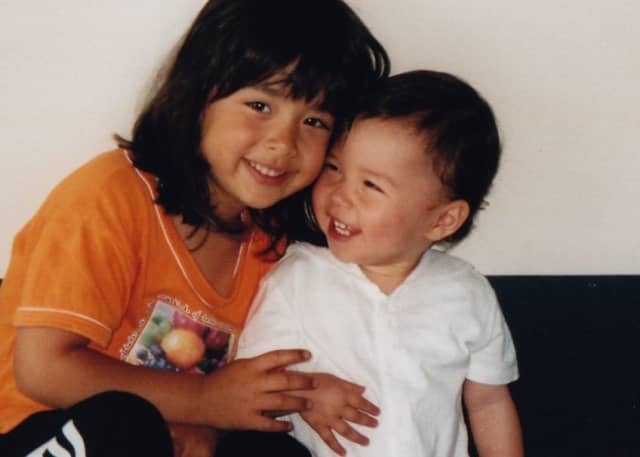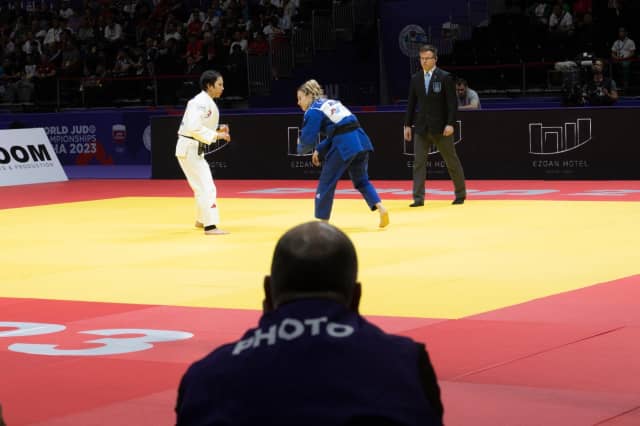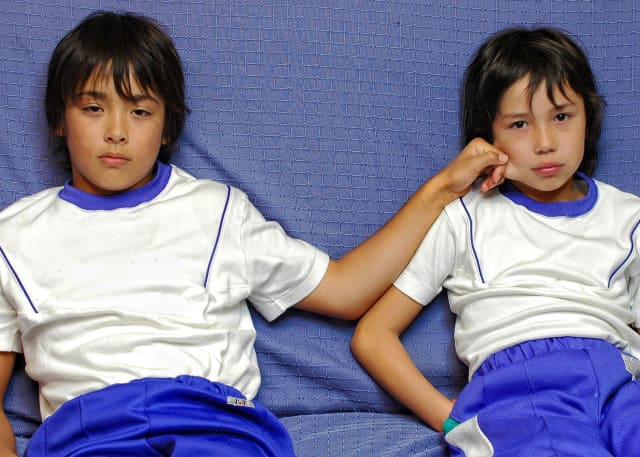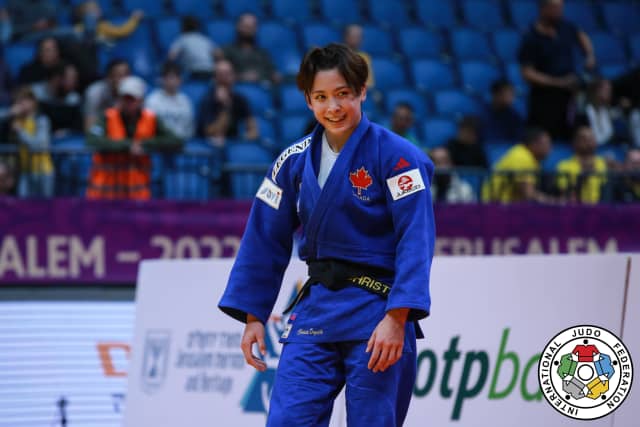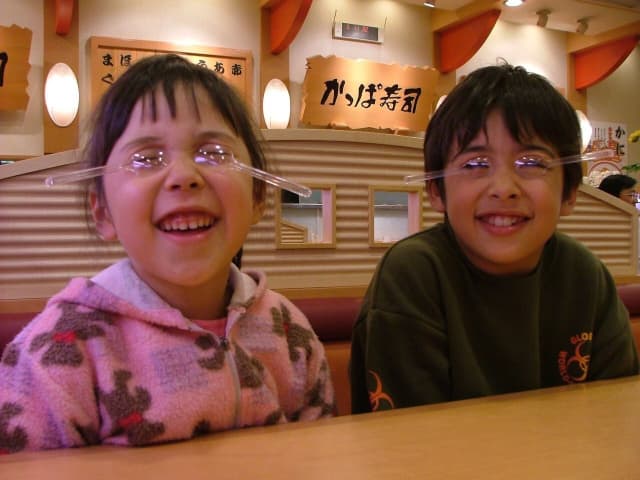Being a judo parent is the world’s biggest test of restraint and self-control. No matter how much a parent understands the environment, the remit or their children, the heart will always give them away and the face will usually follow. In 2019 we wrote about the unconditional support of those parents who travel the world with their sporting offspring:
The father of Christa and Kelly Deguchi travels the world in quiet support of his daughters. Having been a landscape photographer for many years, he added sports photography to his docket around 6 years ago and now works sometimes as a freelancer worldwide while managing other projects at home. This is a 3-way partnership and a fair one. The girls have their dad around if and when they need him, the father gets to watch and photograph them through their careers and the federation have a committed archivist on call, who works for the whole team, not just the Deguchis.
“I’ve trained myself to not stand out because naturally I do. I’m a big non-Japanese guy living in Japan and can be really obvious but this is their ride, not mine and I choose to stay in the background. I have moved up the levels, through the years, of being quiet. I’m just here to do my job.”
Dad is Canadian and the girls’ mum is Japanese, “I was working in Japan and that’s where I met their mum, so I stayed! We did spend some time in Canada but in the end life felt better in Japan so that’s where we live. It wasn’t so easy two and a half decades ago for international children to live in Japan, neither Canadian nor Japanese. Now it’s much more acceptable. We chose a sport for them early on to build confidence in themselves, have physical skill and be able to protect themselves. It turned out that it led to them having a worldwide family which accepts them everywhere. They can arrive at any dojo anywhere in the world and have instant connections and also training.
Christa started judo at 3 and so we have spent 24 years in the sport, Kelly joined from 4. Honestly, I suggested karate but their mum said there was a judo dojo near grandma’s house and so that’s where they went. The Seishinkan Dojo is where they started and they still have really strong connections there. Their coach has been an important influence throughout and still is. Actually when they made the decision to represent Canada, Christa did all the research, speaking to a lot of different people, including the coaches at Seishinkan. She made her decision about representation based on a lot of advice and support. Kelly made her own decision a couple of years later.”
One might ask, ‘why stay in Japan all those years ago’ if it was so difficult for the girls, especially with Canada being a potentially natural choice and then maybe repeat the question when the flag changed. “We had a generally good life there in Japan and no place is perfect. Everywhere would have brought some kind of adversity. We picked our place and went with it. I was working and there is a great family network, from grandparents to uncles and aunts and beyond. It all came right in the end.”
Is there a worst part about being a judo dad? This part of the conversation led to a long silence, a very long silence. “I try not to think of ‘worst’ parts about being a judo dad.” More silence. “I don’t know. Maybe watching the agonies of defeat because you know they have to come through it in order to understand it, process it and get stronger from it. I can’t help them in those moments and that takes a lot of restraint. Interfering could be bad for them long term. Watching them process loss is really the hard part. It’s a dad’s job to rush in and fix everything. I’ve learned that from judo, that we shouldn’t fix everything for them. For them to grow as humans they have to do things on their own. I’m not hands off, I just wait and try to judge the right circumstances in which to help or not. Their mum and I try to both work that way. It all makes the good feel even better, when they’ve fully owned the losses.
So, maybe it’s easier to answer what the best part of being a judo dad is. “Right now, travelling with the girls to their tournaments. From city and prefecture events when they were little to national tournaments and abroad. Christa’s first international was in 2011 and I went with her to the south of France.
I’m a photographer. I dabbled as a child but I became a bit more serious once digital cameras came into play. I started shooting their tournaments and that evolved. When Christa joined Canada I met Rafal Burza and he helped me get my AIPS card and then I travelled more and more. I’ve only been doing the IJF events for the last 5 or so years.
I don’t know if the girls like me being here. I’m here to work but, come on, it’s a great job: travel round the world and do an exciting job that includes photographing my children doing their thing. It’s great! I get to do two things in one and so why not?!
Judo has been a big part of our lives but it also doesn’t consume our lives. Does that make sense? It isn’t such a drive that it either makes or breaks us. They have their lives and their work and friends now. We watched them grow up through judo. I’d love to see them more often but we have to let them be their own people. I’m here because I like photography and it goes with what my daughters do.”
Dad’s perspective on the lifestyle is therefore clear. The one issue that from the outside looks very difficult to manage though is the disparity in their results. How is it possible to manage that internally, within the family, especially with the media so focused on the older sister?
“They are two different people. I support them equally and whether they win or lose. My reasons for being in judo aren’t to do with winning and losing. Don’t feel the losses too much, get ready for the next. Kelly battles her challenges and certainly does her best to not be so much in Christa’s shadow. I don’t feel bad about their differences, heck no! You know, Kelly is also travelling the world, doing things most judoka, most girls, will never get the opportunity for. I’m very proud of her, in fact, that she’s always out there living this life and having experiences she will carry with her for the rest of her life. She does her best and can always hold her head high. It’s not about medals, they’re just decorations. Doing their best and really processing it is what it’s all about. I always ask that, ‘did you do your best?’
I’m not a judoka and so I don’t talk with them about the judo itself so much. The difference in results doesn’t make me sad because that was never the point. Firstly, putting Christa into judo, we never thought about what they would gain in terms of family and that is worth everything. Win or lose this has been and still is good.

